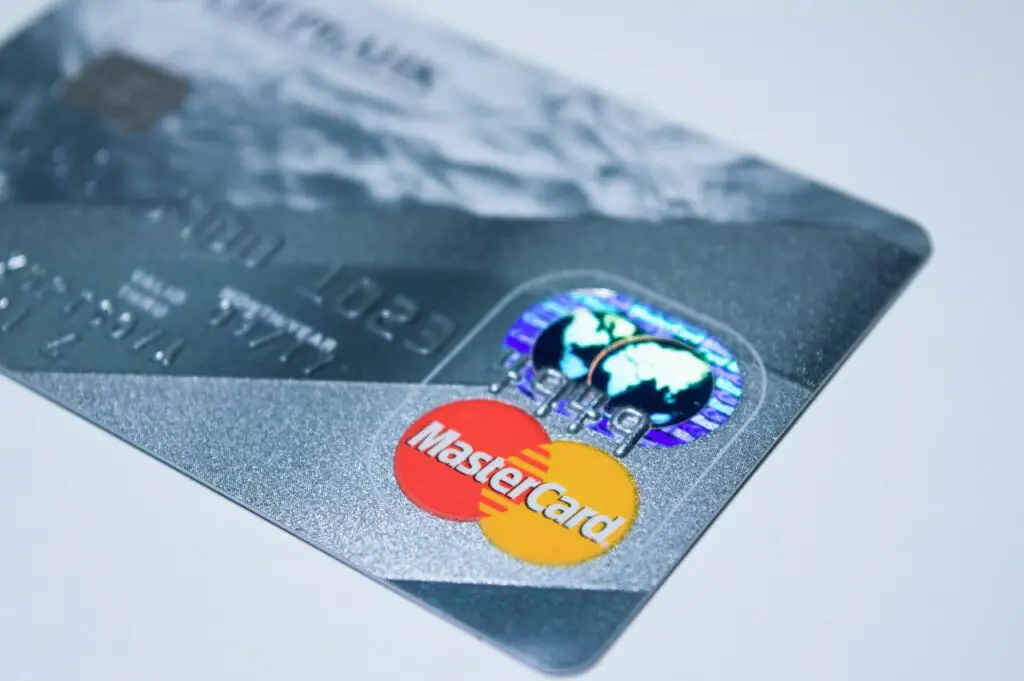10 Smart Hacks to Raise Your Credit Score This Year (And Finally Feel in Control of Your Money!)

Picture this: you’re about to buy a house, finance a new car, or apply for that premium credit card you’ve been eyeing—and suddenly, your credit score steps into the spotlight like the star of the show. Those three little digits wield enormous power over your financial life, influencing everything from loan approvals to interest rates and even the size of your security deposits.
But here’s the secret nobody tells you: your credit score isn’t some immovable mountain—it’s more like a garden that, with the right care and a few clever tricks, can grow lush and healthy. The challenge? Most people feel intimidated, confused, or downright annoyed by the credit world’s jargon and rules.
The good news is you don’t have to be a finance expert to boost your score. With some smart strategies and everyday habits, you can start improving those precious digits and unlock better financial opportunities. Whether you’re rebuilding after some rough patches or simply aiming for the credit elite, these 10 practical hacks will help you raise your credit score this year—and finally feel like you’re steering your financial destiny.
1. Check Your Credit Reports for Errors

Before you can improve your credit score, you’ve got to know exactly what’s dragging it down—and that starts with pulling your credit reports. Shocking but true: a Federal Trade Commission study found that about 1 in 4 Americans discover errors on their credit reports. These mistakes could range from accounts that don’t belong to you, to incorrect balances or outdated negative marks that should have fallen off.
Visit AnnualCreditReport.com—the only official source for free reports—and snag copies from Equifax, Experian, and TransUnion. Comb through every detail like a detective on a mission. If you spot an error, file a dispute promptly. Fixing mistakes can sometimes trigger an immediate bump in your score—and who doesn’t love a quick win?
2. Pay Your Bills On Time—Every Single Time

It’s not flashy advice, but it’s the single biggest influence on your credit score. Payment history makes up 35% of your FICO score, which means even one late payment can seriously dent your credit for years. Set up automatic payments or digital reminders so you never miss a due date.
If you’re running short on cash, call your creditors before you default—they might grant an extension or work out a temporary plan. Think of timely payments as building a glowing financial resume. Lenders want to see you’re dependable, and there’s nothing more trustworthy than consistently paying your bills on time.
3. Keep Your Credit Utilization Low

Imagine your credit utilization ratio as your credit card’s “stress level.” The higher your balance compared to your credit limit, the more anxious your credit score becomes. Ideally, you should aim to keep your utilization under 30%—and under 10% if you’re gunning for an excellent score.
Let’s say you have a credit card with a $5,000 limit; try to keep your balance below $1,500. If your balances are higher than you’d like, work on paying them down or request a credit limit increase from your issuer. Just be careful not to use that extra credit as an excuse to splurge. Lower utilization makes your score breathe a sigh of relief—and lenders love the calm.
4. Become an Authorized User on Someone Else’s Card

Want a shortcut to a better credit profile? Ask a trusted friend or family member with great credit to add you as an authorized user on their credit card. You don’t even need to physically use the card—in many cases, the account’s positive history will be added to your credit report.
This strategy can help increase your credit age and improve your utilization ratio. But remember: this hack only works if the primary cardholder always pays on time and keeps their balance low. Choose wisely, because jumping onto someone’s financial roller coaster could backfire if they’re careless.
5. Tackle Past-Due Accounts Head-On

If old debts are lurking on your credit report, it’s time to face them head-on. Accounts in collections or charged-off balances can seriously weigh down your score. Contact creditors or collection agencies to negotiate a payoff or set up a payment plan.
In some cases, you might even persuade them to remove the negative mark entirely—a tactic called “pay for delete.” While not all creditors will agree, it’s worth a shot. Clearing up past-due accounts won’t erase damage overnight, but it will stop further harm and signal to lenders that you’re serious about getting back on track.
6. Diversify Your Credit Mix

Did you know that having different types of credit—like credit cards, personal loans, auto loans, or a mortgage—can boost your score? Your credit mix makes up about 10% of your FICO score. Lenders love to see you can handle multiple types of accounts responsibly.
If your credit profile is sparse or concentrated in just one area (like only credit cards), consider adding another type of credit—but only if it makes sense for your budget. A small personal loan, for example, could improve your credit mix and add positive payment history to your report. Just remember: don’t open new accounts solely for variety’s sake. Make sure any new debt fits comfortably into your financial life.
7. Don’t Close Old Credit Accounts

We get it—the temptation to declutter your wallet by closing old credit cards is real. But before you chop up those plastic dinosaurs, think twice. Closing a credit account can shorten your average account age and lower your total available credit, both of which can hurt your score.
Instead, keep older cards open and use them for occasional small purchases that you pay off right away. This keeps the account active and maintains your credit history. Older accounts are like the vintage wine of your credit report—the longer they’ve been around (and in good standing), the better they look.
8. Limit New Credit Applications

Applying for credit isn’t bad—but doing it too often can raise red flags. Each new credit application triggers a “hard inquiry” on your credit report. One or two inquiries won’t sink your score, but multiple applications in a short time can cause your score to dip and make you look risky to lenders.
If you’re shopping around for a car loan or mortgage, try to complete all applications within a 14-45 day window. Many scoring models count multiple inquiries for the same type of loan as just one, minimizing the damage. Be selective and strategic with new credit applications, and remember: patience pays off.
9. Consider a Secured Credit Card

If you’re rebuilding credit—or starting from scratch—a secured credit card can be your secret weapon. Unlike regular cards, secured cards require a refundable cash deposit that becomes your credit limit, often ranging from $200 to $500. Use it wisely, pay it off on time, and many issuers will eventually upgrade you to an unsecured card.
A secured card is an excellent way to prove you’re financially responsible without risking massive debt. Just make sure the issuer reports to all three credit bureaus so your good behavior helps boost your score.
10. Keep Tabs on Your Score Regularly

Your credit score shouldn’t be a mystery. These days, many banks, credit cards, and even financial apps let you monitor your score for free. Keeping an eye on your credit is like checking your fitness tracker—it keeps you motivated and lets you spot problems before they become disasters.
Regular monitoring helps you watch the impact of your financial choices and alerts you to fraud or unexpected changes. Knowledge is power, and when it comes to your credit, the more you know, the stronger your financial position.
Final Thoughts

Here’s the truth: raising your credit score isn’t about magic tricks or secret loopholes—it’s about smart habits, consistency, and a willingness to face your finances head-on. Even small steps, like lowering your credit utilization or fixing errors on your reports, can add up to significant gains over time.
A higher score doesn’t just mean bragging rights—it can unlock lower interest rates, better loan approvals, and a sense of confidence that you’re truly in charge of your financial destiny. So why wait? Pick one or two of these hacks today and start building the kind of credit score that opens doors. Your future self will look back and thank you—for every informed choice, every on-time payment, and every ounce of determination.
Remember, those three little numbers don’t define you—but taking control of them sure feels amazing.
Leave a Reply